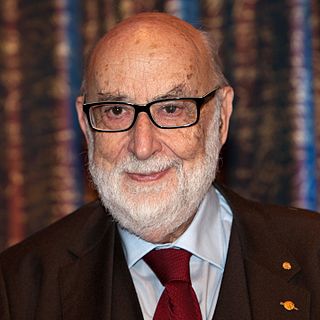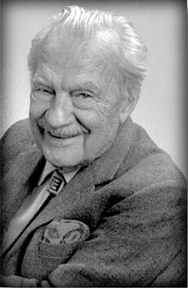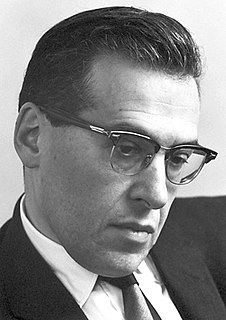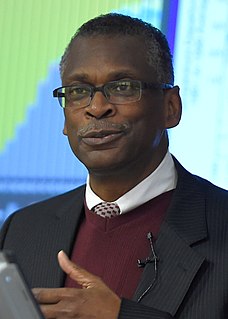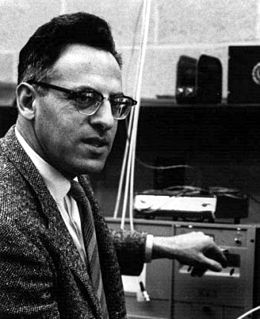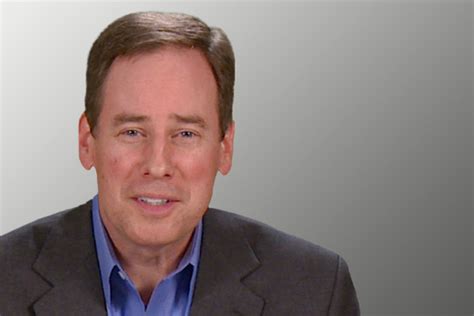A Quote by Francois Englert
In 1955, I got my degree in electrical-mechanical engineering. I realised, however, that my interest was less in practical applications than in the understanding of the underlying theoretical structure, and I decided to learn physics.
Related Quotes
But, contrary to the lady's prejudices about the engineering profession, the fact is that quite some time ago the tables were turned between theory and applications in the physical sciences. Since World War II the discoveries that have changed the world are not made so much in lofty halls of theoretical physics as in the less-noticed labs of engineering and experimental physics. The roles of pure and applied science have been reversed; they are no longer what they were in the golden age of physics, in the age of Einstein, Schrödinger, Fermi and Dirac.
Is the purpose of theoretical physics to be no more than a cataloging of all the things that can happen when particles interact with each other and seperate? Or is it to be an understanding at a deeper level in which there are things that are not directly observable (as the underlying quantized fields are) but in terms of which we shall have a more fundamental understanding?
If you're serious about being an architect, you've got to learn how to take responsibility. It's not fluff. You have to do every detail on every bloody piece of the building. You have to know how the engineering works. You have to know how the fittings go together. You have to master the mechanical, electrical, acoustical - everything.
We got half the doggone MIT college of engineering here, and nobody who can fix a doggone /television/?" Dr. Joseph Abernathy glared accusingly at the clusters of young people scattered around his living room. That's /electrical/ engineering, Pop," his son told him loftily. "We're all mechanical engineers. Ask a mechanical engineer to fix your color TV, that's like asking an Ob-Gyn to look at the sore on your di-ow!" Oh, sorry," said his father, peering blandly over gold-rimmed glasses. "That your foot, Lenny?
Alchemy and Kabbalah are later developments in my thinking. I think the primary interest has been the relationship of magic and mystery to logic and understanding. Those are the primary driving forces of my life. I have this ability, for some reason, to be able to hold both the Magical MysteryTour we're on in conjunction with the logical rigor of understanding theoretical physics, which makes me kind of a rare bird, because usually you're one or the other.
